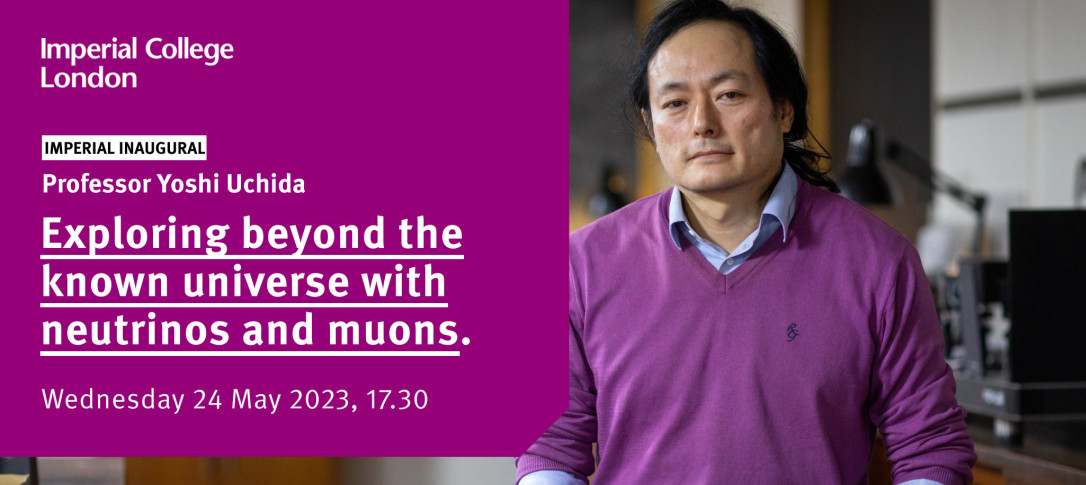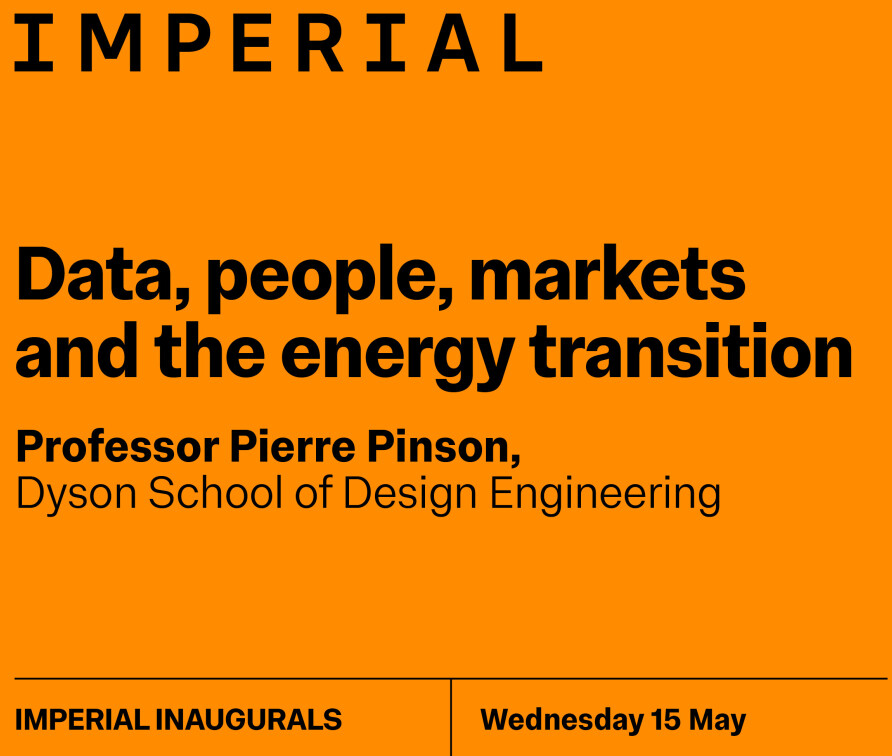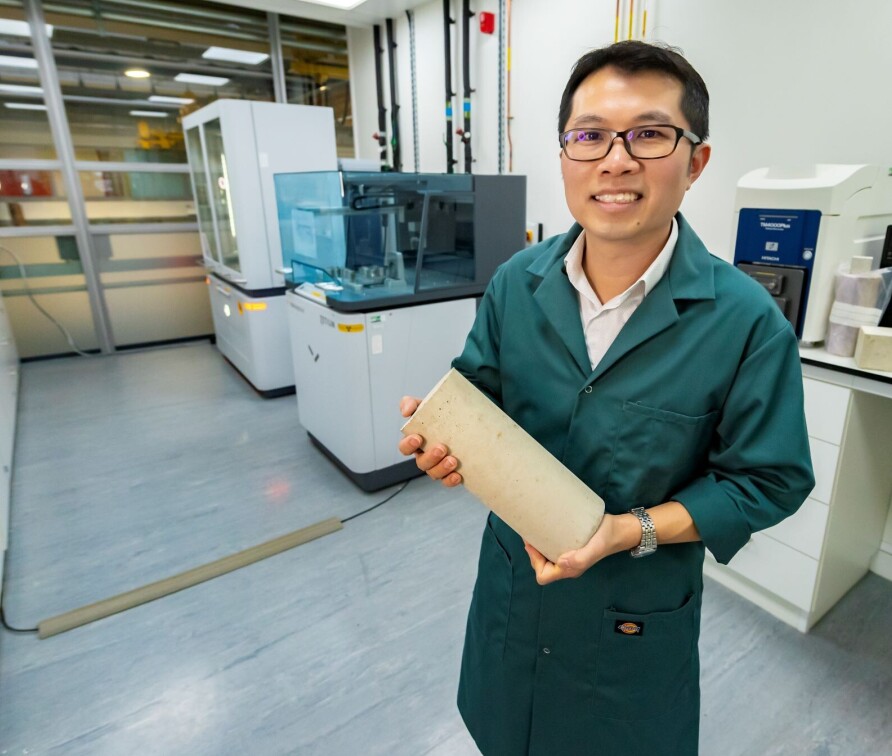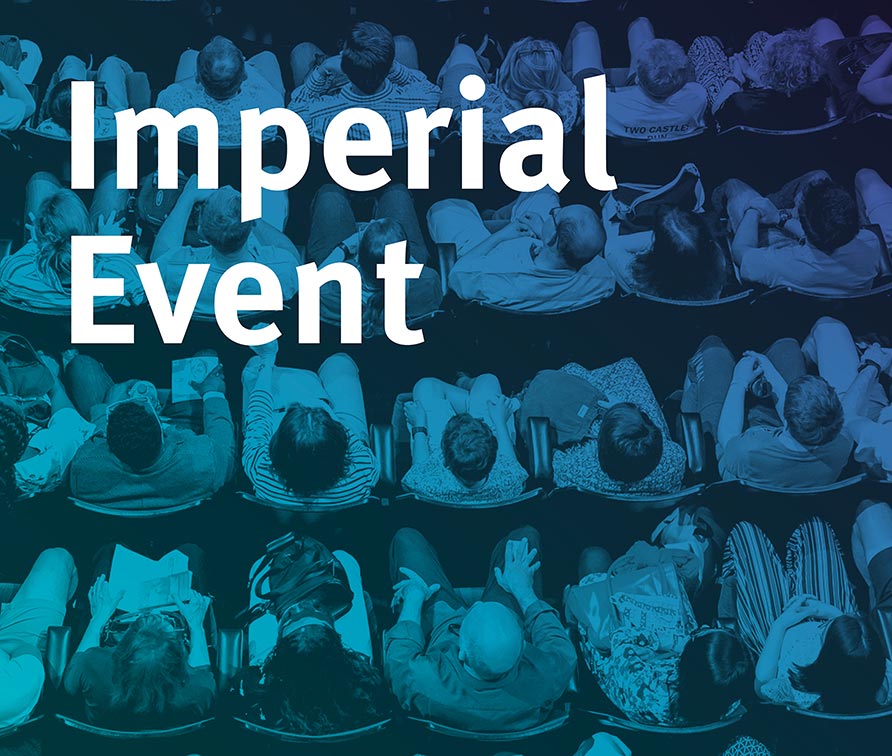
Join Professor Yoshi Uchida, online or in person, for his Imperial Inaugural.
We have limited in-person spaces available so please ensure you register in advance.
Feel free to join us online
Link:
Abstract
To build a new fundamental physics experiment is much like asking Nature a question that it has never been asked before. To analyse the experiment’s data is to listen for the answer. In particle physics research, the study of particle collisions at large accelerators such as those at CERN to search for unknown particles plays a prominent role, but answers to fundamental questions about the Universe can also be found by observing more familiar particles in more detail than ever before.
Neutrinos and muons are two such types of particle which have been known about for many decades, and indeed, large numbers of them are being produced naturally and are passing through us all the time. As we have studied them, we have learned more about the Universe, yet many mysteries remain, and the experiments we are building are set to reveal much more in our quest for understanding.
Yoshi Uchida is Professor of Physics at Imperial College London where he and his colleagues listen to the Universe’s sometimes surprising answers to their questions through experiments using high-intensity particle beams. In his inaugural lecture, he will introduce his favourite particles, starting from the humble electron. He will then explain how his current experiments work, with a particular focus on the COMET Experiment, whose muon beam is being turned on this year, and the discoveries they might lead to in the near future.
Biography
Yoshi completed his PhD in Experimental Particle Physics at the Massachusetts Institute of Technology, after obtaining his undergraduate degree in Natural Sciences at Kyoto University. His PhD work was based at the LEP collider at CERN in Geneva, and since then he has worked on non-collider particle physics, initially at Stanford University as a research associate. In 2004, he returned to the UK, having grown up in Surrey, to join Imperial College.
Investigations with neutrinos and muons form the focus of his current work, in which, in addition to the modelling and building of experiments, he is interested in the application of modern data analysis and statistical techniques to help us extract more from them, and to help build better experiments in the future. He currently leads Imperial’s involvement in COMET, T2K and Super-Kamiokande.





